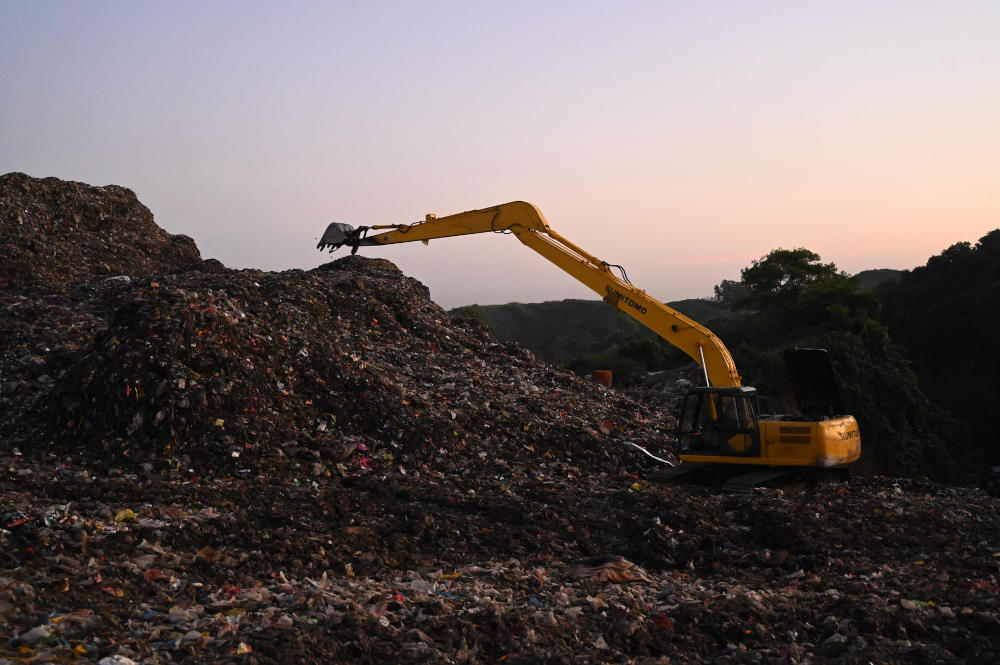Law Profs See Environmental Racism Bill as ‘Catalyst for Transformative Change’
Quote from Steve on May 5, 2021, 9:00 am
This past winter, COVID-19 outbreaks at two Coastal GasLink work camps in northern British Columbia spilled over into neighbouring Wet’suwet’en communities, according to media reports. The spread of disease to Indigenous communities through industrial projects is an example of environmental racism—when government policies discriminate against racialized communities by disproportionately exposing them to harms from industrial and other toxic activities.
Bill C-230, a private member’s bill that aims to address environmental racism, has passed second reading in a 182-153 vote, and is now under discussion before the Standing Committee on Environment and Sustainable Development before it returns to the House of Commons. If the bill were passed, Canada would become one of the first countries in the world to require the government to develop a national strategy to tackle environmental racism. [Read more]
 This past winter, COVID-19 outbreaks at two Coastal GasLink work camps in northern British Columbia spilled over into neighbouring Wet’suwet’en communities, according to media reports. The spread of disease to Indigenous communities through industrial projects is an example of environmental racism—when government policies discriminate against racialized communities by disproportionately exposing them to harms from industrial and other toxic activities.
This past winter, COVID-19 outbreaks at two Coastal GasLink work camps in northern British Columbia spilled over into neighbouring Wet’suwet’en communities, according to media reports. The spread of disease to Indigenous communities through industrial projects is an example of environmental racism—when government policies discriminate against racialized communities by disproportionately exposing them to harms from industrial and other toxic activities.
Bill C-230, a private member’s bill that aims to address environmental racism, has passed second reading in a 182-153 vote, and is now under discussion before the Standing Committee on Environment and Sustainable Development before it returns to the House of Commons. If the bill were passed, Canada would become one of the first countries in the world to require the government to develop a national strategy to tackle environmental racism. [Read more]
